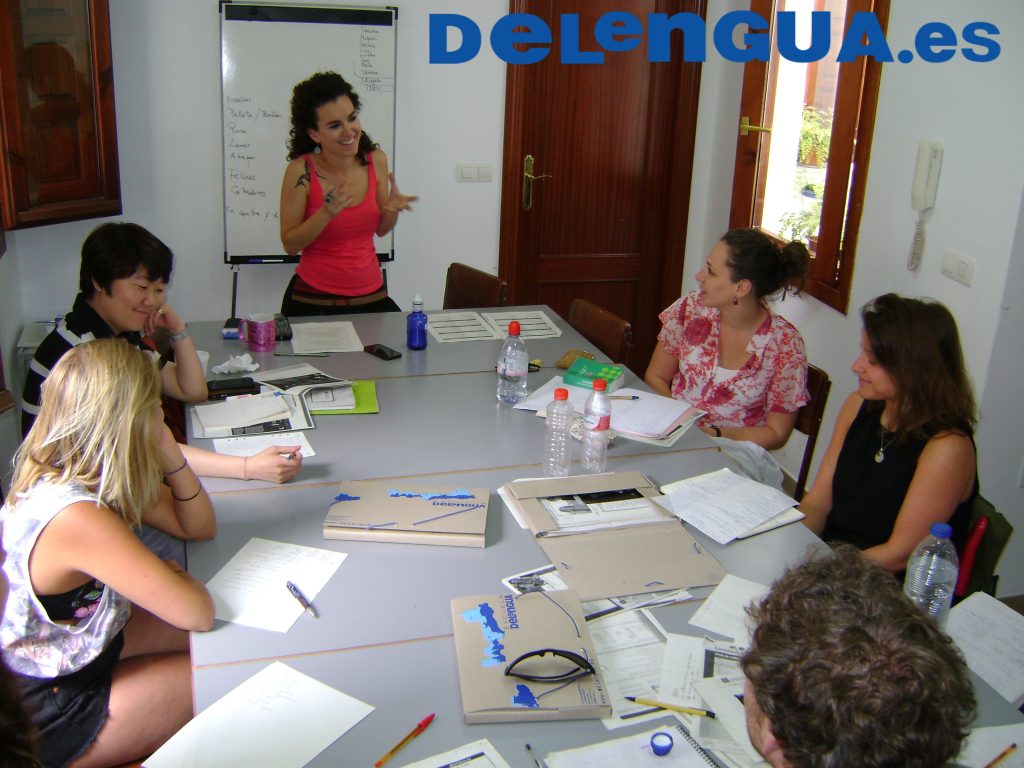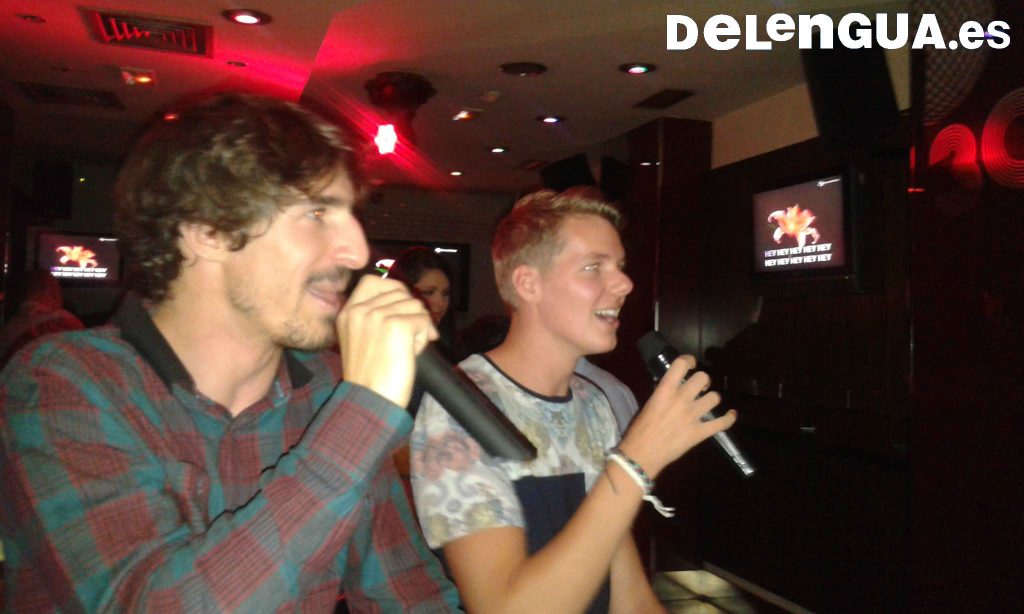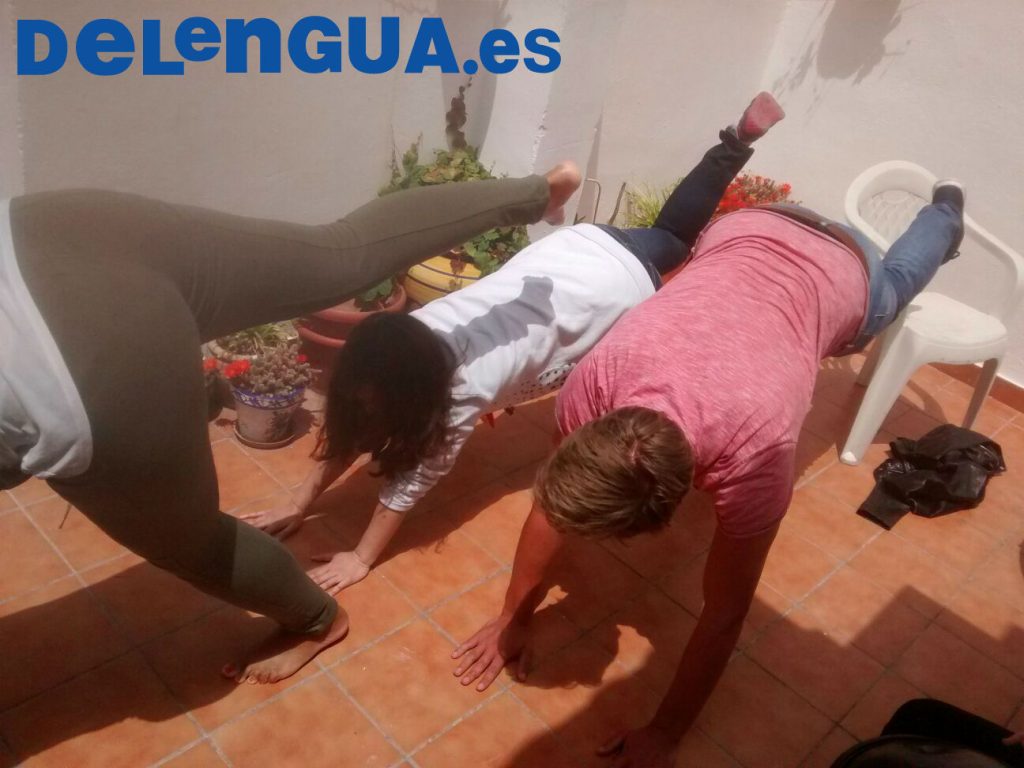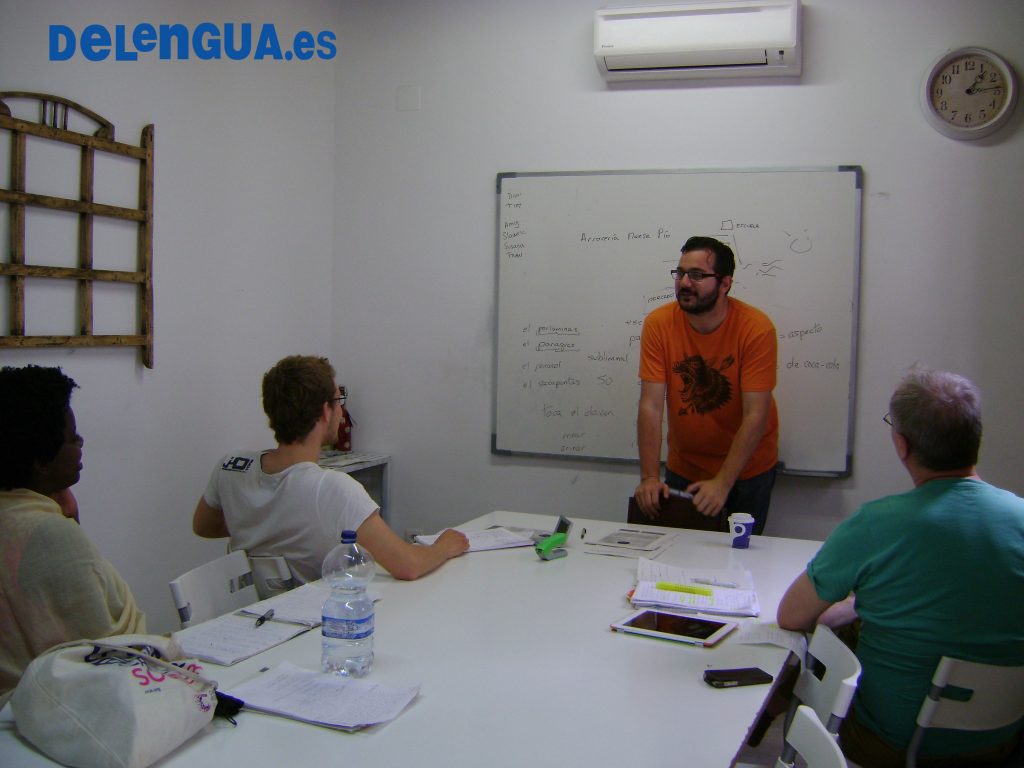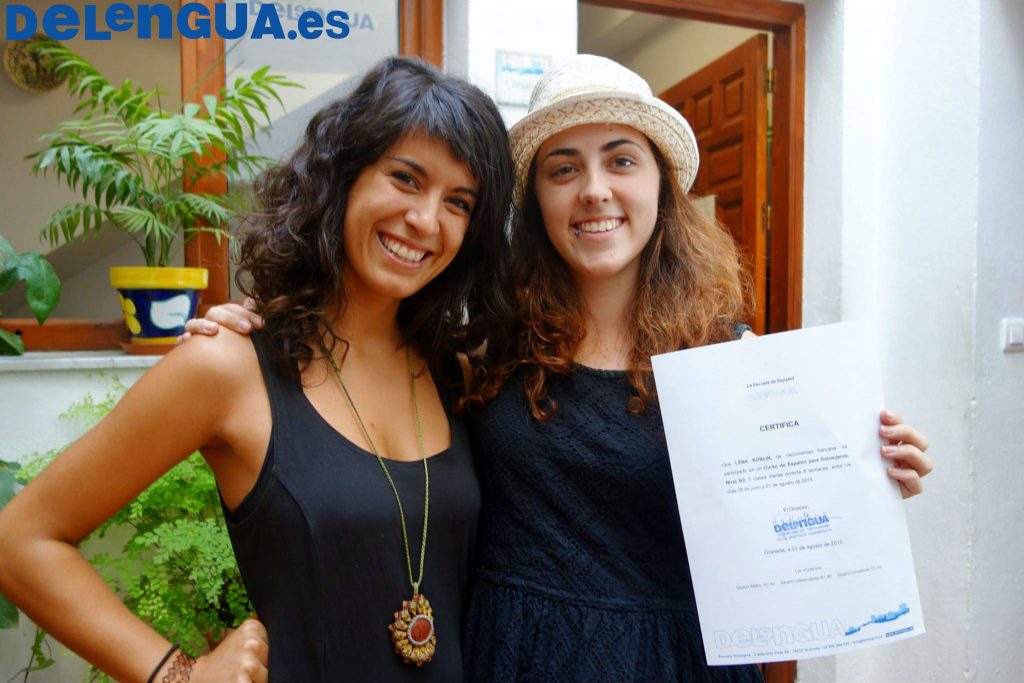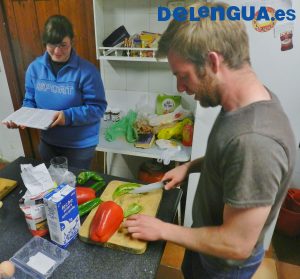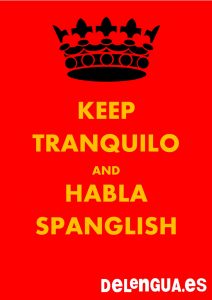
| Español | Inglés | |
|---|---|---|
| Spanglish es un fenómeno lingüístico que se encuentra en los Estados Unidos, especialmente en California, Florida, Texas o también en los barrios latinos en Nueva York. La mayoría de los hablantes vive en Baja California, Tamaulipas y Nueva León y tiene como lenguas maternas el español y el inglés. Spanglish es una fusión semántica y morfosintáctica del español y del inglés. No se confunda con el uso de anglicismos en la lengua española. Uno de los rasgos más importantes es el Code-Switching. Este fenómeno se encuentra sobre todo entre personas que crecen bilingües o suelen hablar dos lenguas con interlocutores que hablan los mismos idiomas. Pero lo más significativo es que una de las lenguas es dominante. Para el dialecto del Spanglish el Code-Switching es tan significativo porque compone casi todo la aparición lingüística. Un ejemplo para Code-Switching serían “vacunar la carpeta” (del inglés, vacuum the carpet) en lugar de “aspirar el alfombra”. Otros frases son “vivo en un flat pequeño”, “te veo/ see you”, “la librería de la city es grande”. Aunque se trata en general del dialecto de Spanglish hay muchos intelectuales que ya hablan de un propio idioma. Además el Spanglish tiene una larga historia. El Dictionary of American Regional English publicó ya en 1972 los primeros ejemplos de este habla. A todo eso hay literatura en y sobre Spanglish, como “Yo-Yo Boing!” de Giannina Braschi o “Spanglish: The making of a new American Language”. Spanglish es un fenómeno que sobre todo se encuentra en los Estados Unidos. Pero también en España es conocido. En la Escuela Delengua en Granada quizás no hablamos Spanglish, pero por supuesto el español. Y para entender el Spanglish hay que aprender español. Pues, ¡aprende español con la Escuela Delengua para prepararte para tus estudios de Spanglish! En nuestros programas de español te ofrecemos un campo diverso y amplio para todos tus intereses. ¡Infórmate sobre nuestras ofertas en www.delengua.es! |
|
Spanglish is a linguistic phenomenon which you can find in the United States, especially in California, Florida, Texas as well as in the latino-quarters in New York. The majority of the speakers live in Baja California, Tamaulipas and New León and speaks as mother tongue Spanish or English. Spanglish is a semantic and morphosyntactic fusion of Spanish and English. But it’s not to be confused with the use of anglicism in the Spanish language. One of the most important charakteristics is Code-Switching. You can find this phenomenon primarily in the case of persons who grow up bilingual or who use to speak to languages with conversational partners who speak the same languages. But, and this is significant, one of the languages dominates the other one. For the dialect Spanglish the Code-Switching is so important because it affects the whole linguistic apearance. An example for Code-Switching would be “vacunar la carpeta” (from english, to vacuum the carpet) in place of “aspirar el alfombra”. Other phrases are “vivo en un flat pequeño”, “te veo/ see you”, “la librería de la city es grande”. Although it usually treats of the dialect fo Spanglish there are lots of highbrows who talk about Spanglish as a real language. Furthermore Spanglish has a long history. The Dictionary of American Regional English has published in 1972 the first examples of this tongue. Beside of this there exist literature in and about Spanglish, like “Yo-Yo Boing!” of Giannina Braschi or “Spanglish: The making of a new American Language”. Spanglish is a phenomenon which primaly can be find in the United States of America. But they also know it in Spain. In the Spanish language school Escuela Delengua in Granada we maybe don’t speak Spanglish, but, why certainly, we speak Spanish. And to learn Spanglish you first of all have to learn Spanish. So, learn Spanish with the language school Escuela Delengua and prepare your-self for your Spanglish-Studies! In our Spanish programmes we offer you a broad field of different offering for all your interest. Inform your-self about our courses at www.delengua.es! |






